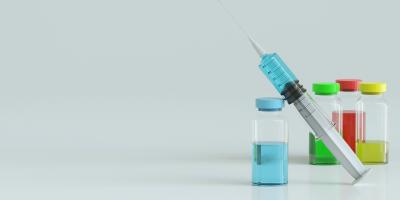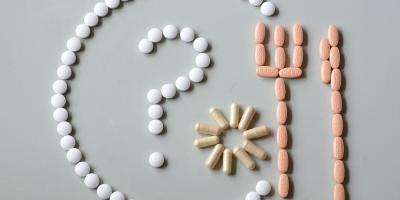Pharmacies offer a variety of tests for health self-assessment. Specialists warn, however: they can only provide a preliminary diagnosis and won’t replace the actual consultation with a doctor.
Most popular are the tests for pregnancy and ovulation, the latter to determine woman’s fertile days. Some fertility tests have also been devised for men – these examine the sperm. Drug tests are especially popular with teenagers’ parents.
Others give insight into one’s glucose levels and are regularly used by diabetics.
What can you test at home?
Pharmacy tests can help us detect even some more serious disorders, such as proteinuria, the presence of which indicates an inflammation of the urinary tract. This also includes helicobacter pylori, responsible for a number of disorders in the digestive system, e.g. the peptic ulcer disease and duodenal ulcers.
Home health tests can also find fecal occult blood, a possible symptom of colorectal cancer and other diseases of the gastrointestinal tract.
Pharmacies also provide tests to detect STDs and certain infectious diseases (tuberculosis, rotaviruses, etc.).
Some outlets have introduced tests allowing the detection of food intolerances.
Are home tests reliable?
"They must be reliable – otherwise their marketing wouldn’t be allowed," says dr. Marek Jędrzejczak, vice-president of the Naczelna Rada Aptekarska. In his opinion, certain tests (for pregnancy and ovulation) are highly useful. “There is also this test allowing the detection of the amniotic fluid, which I find very helpful as it diagnoses symptoms which may lead to miscarriage," adds dr. Jędrzejczak.
He has also praised drug tests which, for parents concerned about psychoactive substances in their children's lives, might serve as a sort of warning.
Further recommended by Jędrzejczak are tests to determine blood glucose levels, commonly used by diabetes patients.
Not everything can be tested at home!
At the same time, Jędrzejczak points out that patients should not carry out all the testing on their own.
“Although today’s laboratory diagnostics has reached such an advanced stage that in theory many various examinations could be performed at home, this is not always recommended, as it leaves patients on their own with test results," our expert argues.
He mentions the proposals to introduce home tests for HIV antibodies onto the market. “But my question is: what next? For this exact reason a large proportion of those tests wasn't eventually approved for marketing".









Comments (0)